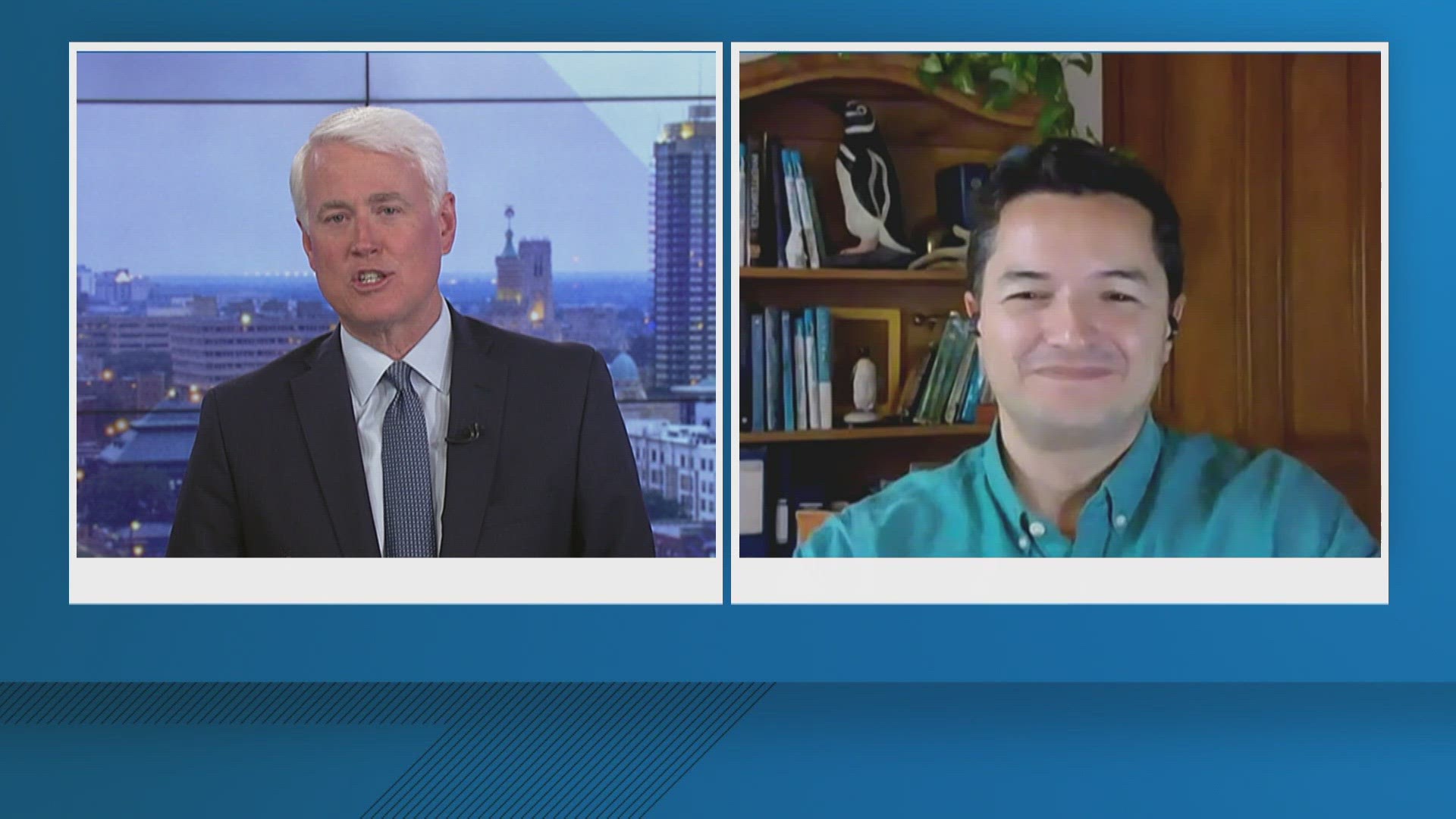INDIANAPOLIS — The Indianapolis Zoological Society Inc. announced Pablo Borboroglu, Ph.D. as the 2023 Winner of the Indianapolis Prize.
Borboroglu has spent more than three decades studying penguins and leading conservation efforts across four continents. He founded and serves as the president of Global Penguin Society, which has protected 32 million acres of penguin habitat.
“Dr. Pablo Borboroglu is responsible for major achievements in understanding penguin behavior and ecology. He has preserved millions of acres of critical penguin habitat, which is an astonishing achievement. He is a powerful, optimistic and expert voice for animal conservation and is extremely deserving of this year’s Indianapolis Prize,” said Dr. Rob Shumaker, president and CEO of the Indianapolis Zoological Society, Inc.
The Indianapolis Prize is the world’s leading award for animal conservation.
“I am incredibly humbled and grateful to be named the 2023 Indianapolis Prize Winner. This prestigious award will be instrumental in supporting efforts to protect penguins and their habitat,” Borboroglu said. “Needing both land and sea, penguins face unprecedented threats requiring large-scale change. Through this award, we hope to inspire and encourage people around the world to take decisive action in safeguarding the environment. It is only through our collective efforts that we can ensure our environment and its wildlife are able to thrive.”


In 2009, Borboroglu discovered only six breeding pairs of penguins at the El Pedral colony on the eastern coast of Argentina. After successfully designating that area as a wildlife refuge and reducing human impacts, the area is now home to 4,000 pairs.
Borboroglu is also dedicated to educating the next generation. His Global Penguin Society education program has reached more than 200,000 students and community members across Latin American nations. Efforts include leading field visits for 7,000 students who live near penguin colonies as well as the creation of free books and educational material in both English and Spanish.
“Pablo’s commitment and dedication to protecting penguins is unwavering,” said Edward Whitley, founder of the Whitley Fund for Nature. “His decades of perseverance, research and leadership are profoundly inspiring to us all."
Founded in 2006, the Indianapolis Prize recognizes and rewards conservationists who have made significant progress in saving an animal species, or multiple species, from extinction.
Borboroglu will receive $250,000 to help with his efforts. The five other finalists each receive $50,000.
Borboroglu and the other finalists will then be honored at the Indianapolis Prize Gala presented by Cummins Inc., on Sept. 30.
Other 2023 finalists
Biruté Mary Galdikas, Ph.D. (Orangutan Foundation International, USA)

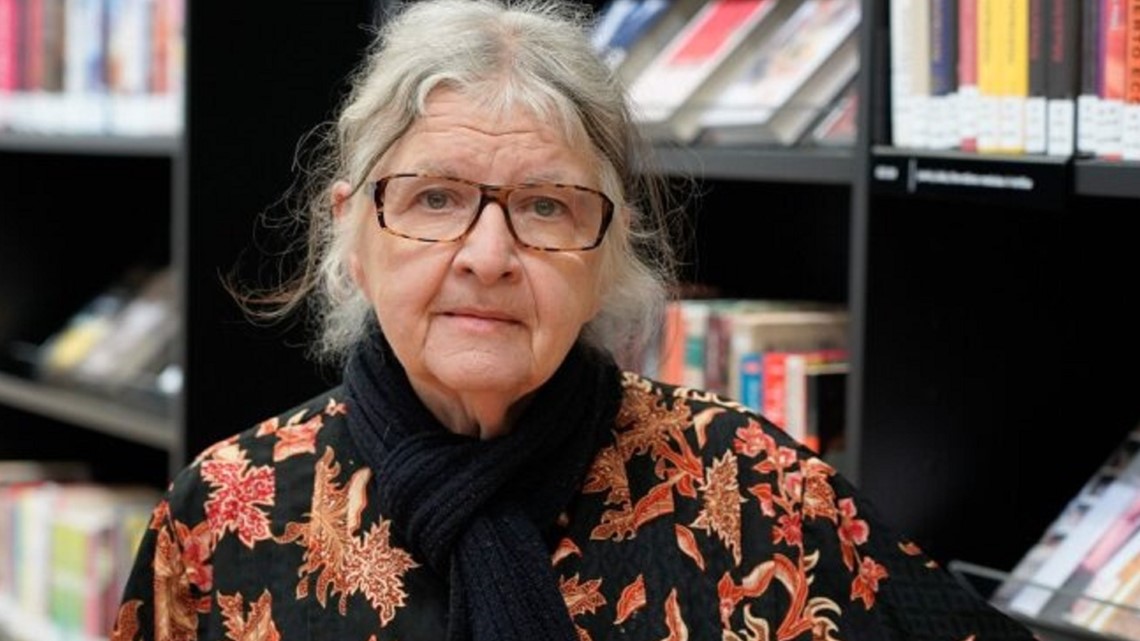
Dr. Biruté Mary Galdikas is a scientist, conservationist and educator working closely with orangutans in their natural habitat in Borneo, Indonesia.
"The great apes are our closest living relatives in the animal kingdom. So, I was very much drawn to them," Galdikas said.
Galdikas is an orangutan researcher who first documented the long orangutan birth interval and recorded more than 400 types of food consumed by orangutans, providing unprecedented detail about orangutan ecology.
Her efforts to stop illegal logging in the forest triggered threats to her life.
"The next time they saw you, they were going to cut you up into little pieces," said Galdikas. "I was in that situation for years, but I never lost my faith. I could never abandon the orangutans to their fate because they were the innocent ones."
Galdikas has contributed to the release of more than 1,000 rehabilitated orangutans into the wild and has rescued and relocated an additional 200 wild orangutans into the wild.
"I was learning they were semi-solitary. I was learning the males fought each other for access to females which had never been thoroughly described," said Galdikas. "I learned what they eat. They were mainly red fruit eaters. I learned the males actually came down to the ground. Sometimes for long periods of time."

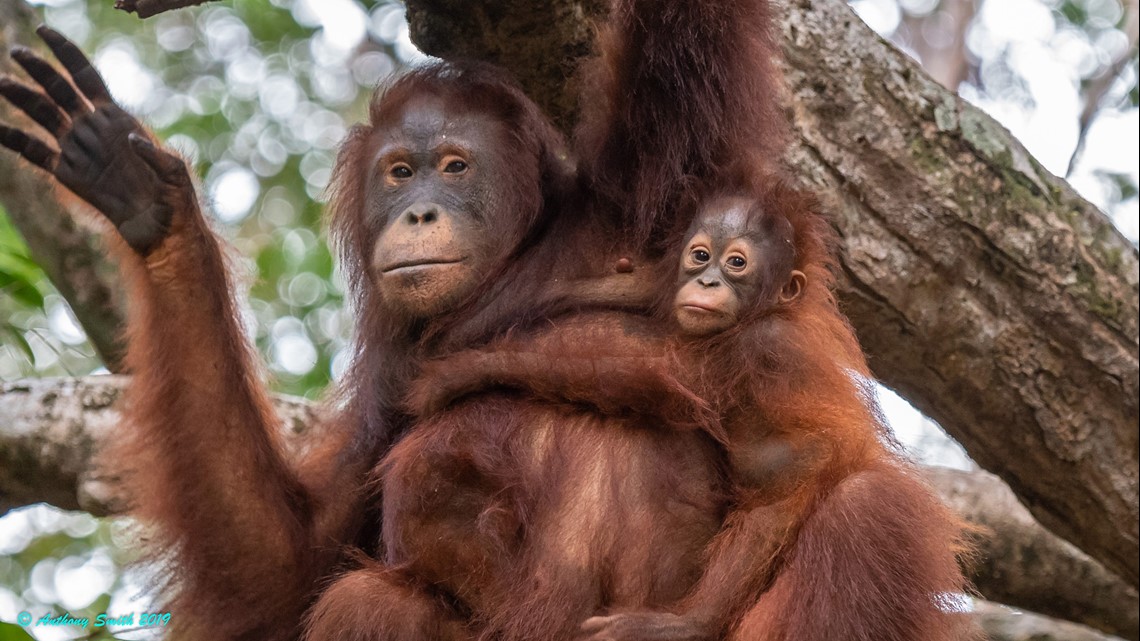
Her love for orangutans has fueled her passion for conservation.
"Human greed enables an assault against nature that will not stop," said Galdikas. "The more people realize that we need to put a stop against this assault against nature then maybe governments will come to realize it."
She serves as president and is the co-founder of Orangutan Foundation International, an organization dedicated to protecting wild orangutans in Borneo and their rain forest habitat.
Karen Eckert, Ph.D. (Wider Caribbean Sea Turtle Conservation Network, WIDECAST, USA)

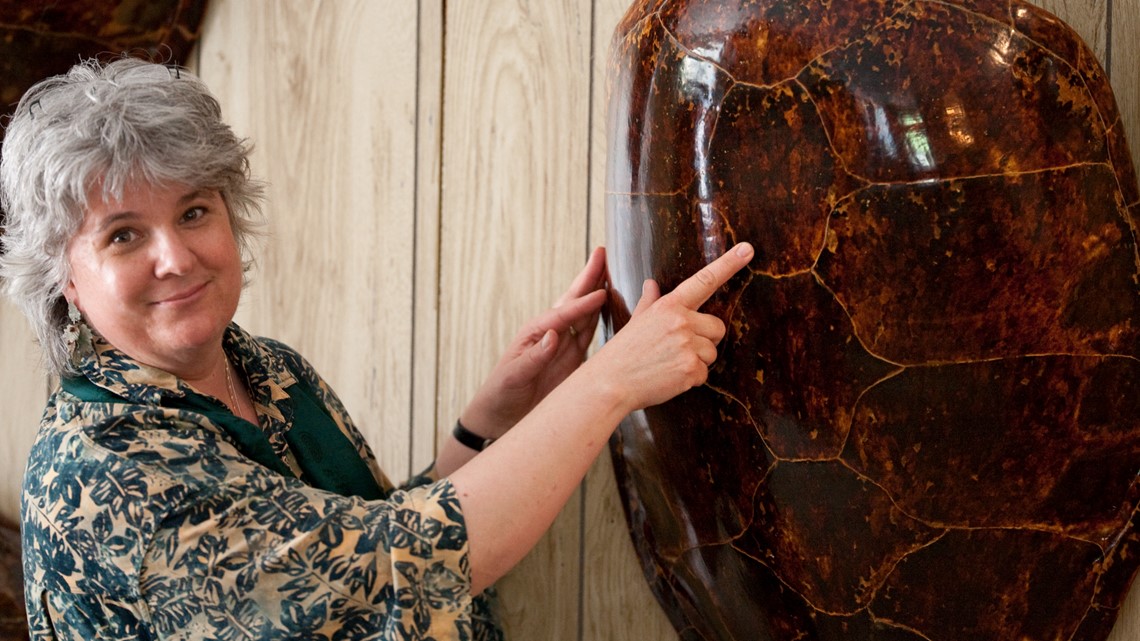
Dr. Karen Eckert specializes in international biodiversity management, conservation and policy with a focus on sea turtles.
Eckert promotes the recovery and sustainable management of sea turtle populations in more than 40 nations and territories.
It began with leatherback turtles in the U.S. Virgin Islands and working to help with their survival.
"I only knew that these were really small populations. They were threatened by everything. I wanted to make sure that they survived through the 21st century, the 20th century at the time," Eckert said.
Eckert began building a team of people in 45 countries to protect the the sea creatures.
"If you're going to save sea turtles, you have to set aside protected areas. You have to deal with coral reefs and seagrass, and perhaps even more difficult, you have to deal with coastal development. You've got to save your beaches," Eckert said.
Eckert has helped protect six species of endangered sea turtles and mobilized community and government support in Caribbean nations to fully protect sea turtles.

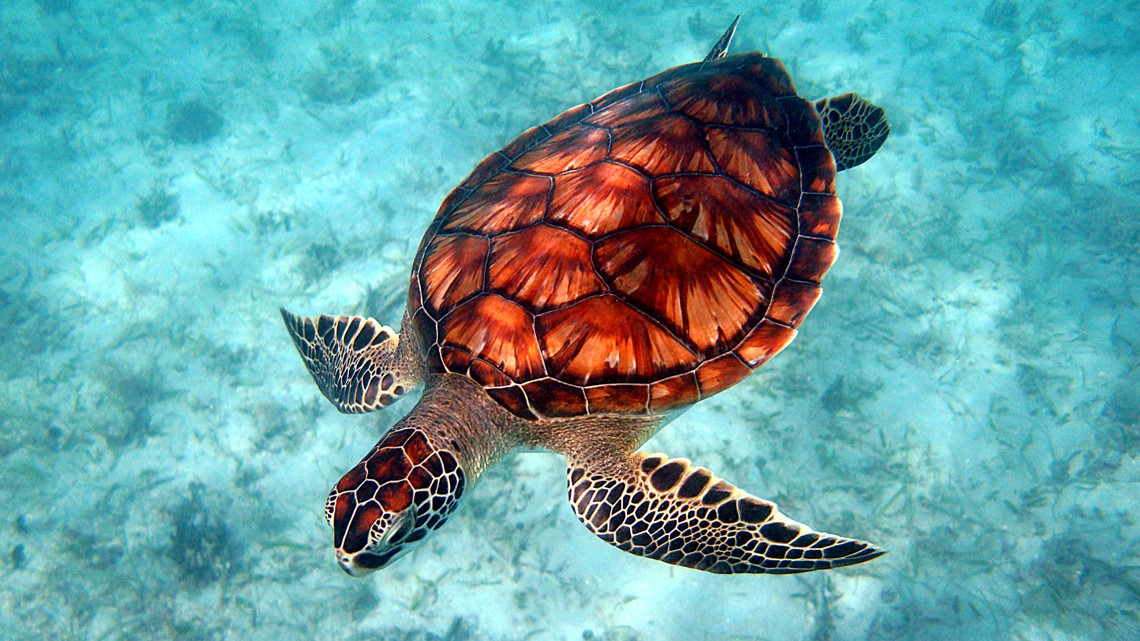
"These problems didn't just land on us. They weren't dropped from Mars. Humans created these problems, and I believe the humans can solve them. The more humans involved, the better," Eckert said.
She serves as the executive director of WIDECAST, an organization that facilitates the recovery and sustainable management of sea turtle populations across the globe.
Christophe Boesch, Ph.D. (Max Planck Institute of Evolutionary Anthropology; Wild Chimpanzee Foundation, Germany)


Dr. Christophe Boesch fights to ensure a future for chimpanzees.
Professor Boesch is a primatologist dedicated to providing alternatives to bushmeat and applying new technology to great ape conservation, decreasing strain on wild chimpanzee populations.
"The chimpanzees are our closest living relative. They look sometimes so incredibly similar to us, and they behave like humans," Boesch said. "In many situations during the day you are with the chimpanzees, and they use tools for this, for honey, for getting an insect, for cracking nuts. All things that, as humans, we would do. They love meat. They are hunting to get that meat. And so, there is a fascination, because when you look at chimpanzees, you look at the behavior of the chimpanzees, you somewhere see something about us there."
He uncovered the effects of rapid deforestation across sub-Saharan Africa and promoted new areas for protecting the remaining chimpanzee populations in Guinea.
Boesch says chimpanzee behavior differs depending on where they live.
"We have 36 behaviors that were different in different chimpanzee populations to the point where you tell me how a chimpanzee behave, I can tell you where it comes from," Boesch said.
Boesch says chimpanzee populations have declined 80% in the last 20 years in West Africa making them "critically endangered."
That's why conservation projects are so important.
"I mean the real threat to chimpanzees nowadays is habitat destruction, and the main threat for that is agriculture. Agriculture cuts all the forest," said Boesch. "I think if you want to guarantee some hope of survival for the chimpanzees, we need to create new national parks in West Africa, where the chimpanzees are present," Boesch said.
He was a finalist for the 2021 Indianapolis Prize.
Gladys Kalema-Zikusoka, DVM (Conservation Through Public Health, Uganda)

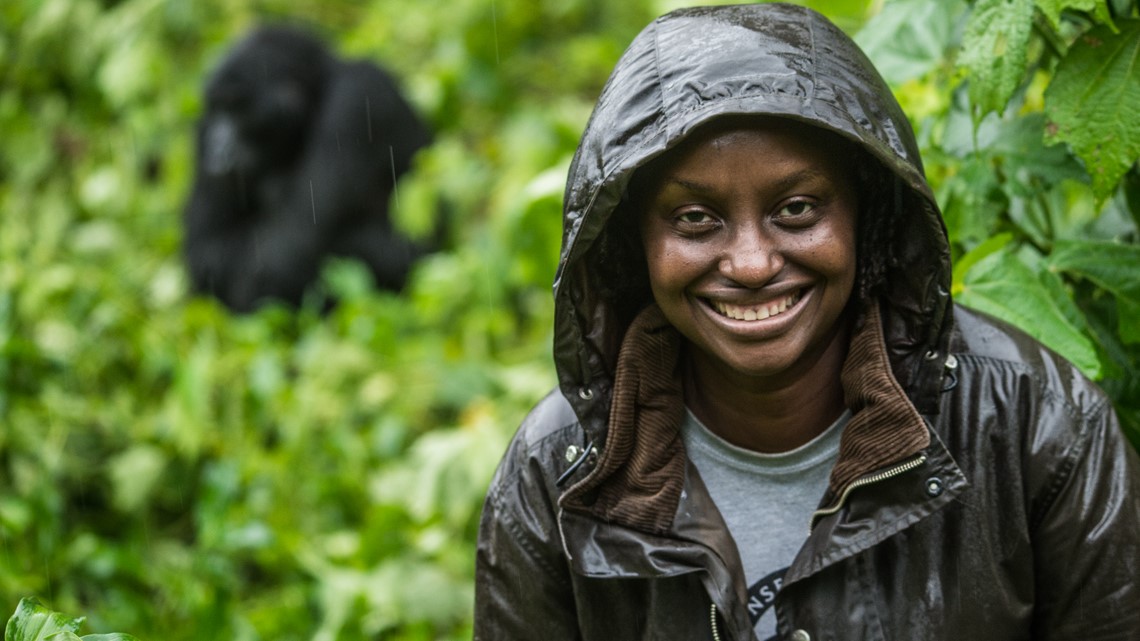
Dr. Gladys Kalema-Zikusoka is a wildlife veterinarian recognized globally for her work protecting endangered mountain gorillas in East Africa.
"So, a good day for me is just going to the forest and spending time with the gorillas when they're relaxed. I get a lot of inspiration by being with them. It's very therapeutic being with the gorillas," said Kalema-Zikusoka.
She promotes conservation by cultivating an understanding of how humans and wildlife can coexist in protected areas in Africa.
Kalema-Zikusoka said there are very few women working in a wildlife career.
"Even when you'd go to Europe or America, there were very few women in the wildlife sector in general. Even South Africa actually did not have female wildlife vets. It had only male wildlife vets who I would work with quite a lot," said Kalema-Zikusoka.

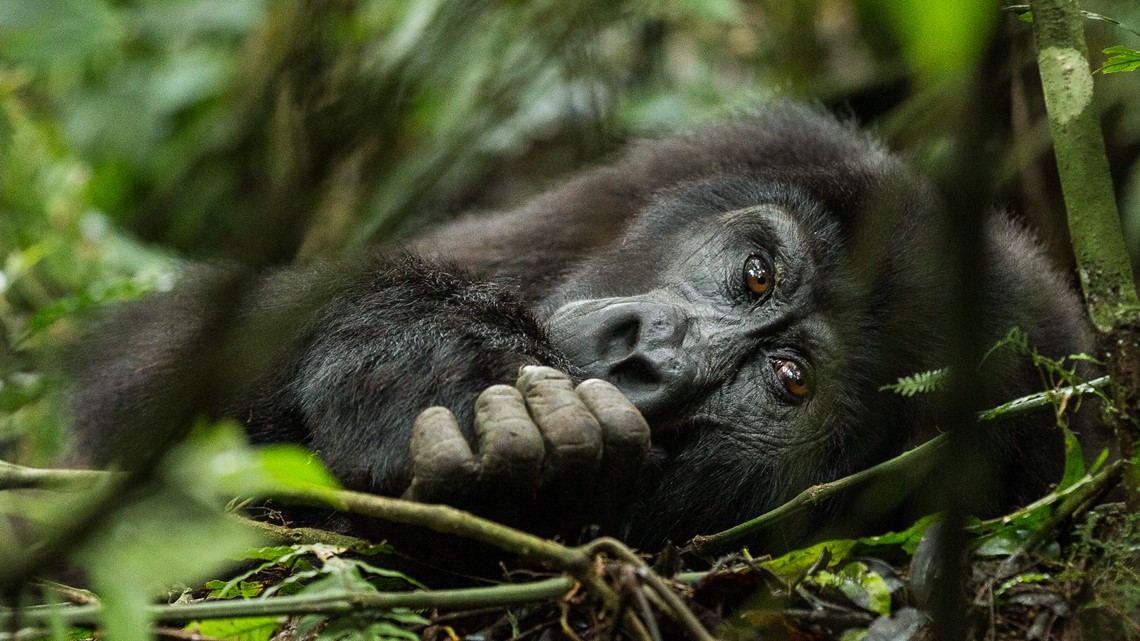
Dr. Kalema-Zikusoka is the mother of two boys and learned something very interesting about gorilla families.
"Gorillas are really good at spacing, birth spacing. They have a baby once every four years without modern family planning, once every four to five years. I mean, basically, they breastfeed for three years and then they conceive," said Kalema-Zikusoka. "And it's very logical because, by the time the new baby is born, the older one can look after the younger one. And so, we spaced our boys like the gorillas, which worked out really well."
She is the founder of Conservation Through Public Health, an organization promoting biodiversity conservation by enabling people and wildlife to coexist by improving health and livelihoods in and around Africa's protected areas.
Gerardo Ceballos, Ph.D. (Institute of Ecology, National Autonomous University of Mexico, Mexico)


Dr. Gerardo Ceballos is at the forefront of groundbreaking research and animal conservation in Mexico. He acted as a key proponent in the passage of the country's Act for Endangered Species, which now protects more than 40,000 animals.
"Life on Earth depends on the wild plants and animals," said Ceballos.
Ceballos is a champion for jaguars in Mexico, conducting the first country-level jaguar census.
"If you protect jaguars, you protect the forest," said Ceballos.
Ceballos said the jaguar population has increased from 4,000 to 4,800 in Mexico. He says if people take care of the habitat the jaguars can survive and flourish.
"By protecting the Jaguar, we're protecting large areas with many other species," said Ceballos.
Ceballos has been working the Calakmul Biosphere Reserve for 25 years.
"We propose to the Mexican government to increase of the area because of its jaguars," said Ceballos. "Increasing the area will not only increase the size of the populations of jaguar twice the size, but also will protect many other endangered species."
Ceballos says if you protect jaguars you protect thousands of species of plants, animals and micro-organisms.
"By saving these forests, by saving these animals, okay, you're also basically saving humanity," said Ceballos.
Ceballos developed successful conservation strategies for endangered mammals in North America, including the black-footed ferret.
"The ultimate goal for all of us is to protect all ecosystems still left in the planet. We don't have time, we're running out of time. We still have time to save most of this balance and animals of this planet, but the window of opportunities closing," said Ceballos.
He was a finalist for the 2010, 2014 and 2021 Indianapolis Prize.

